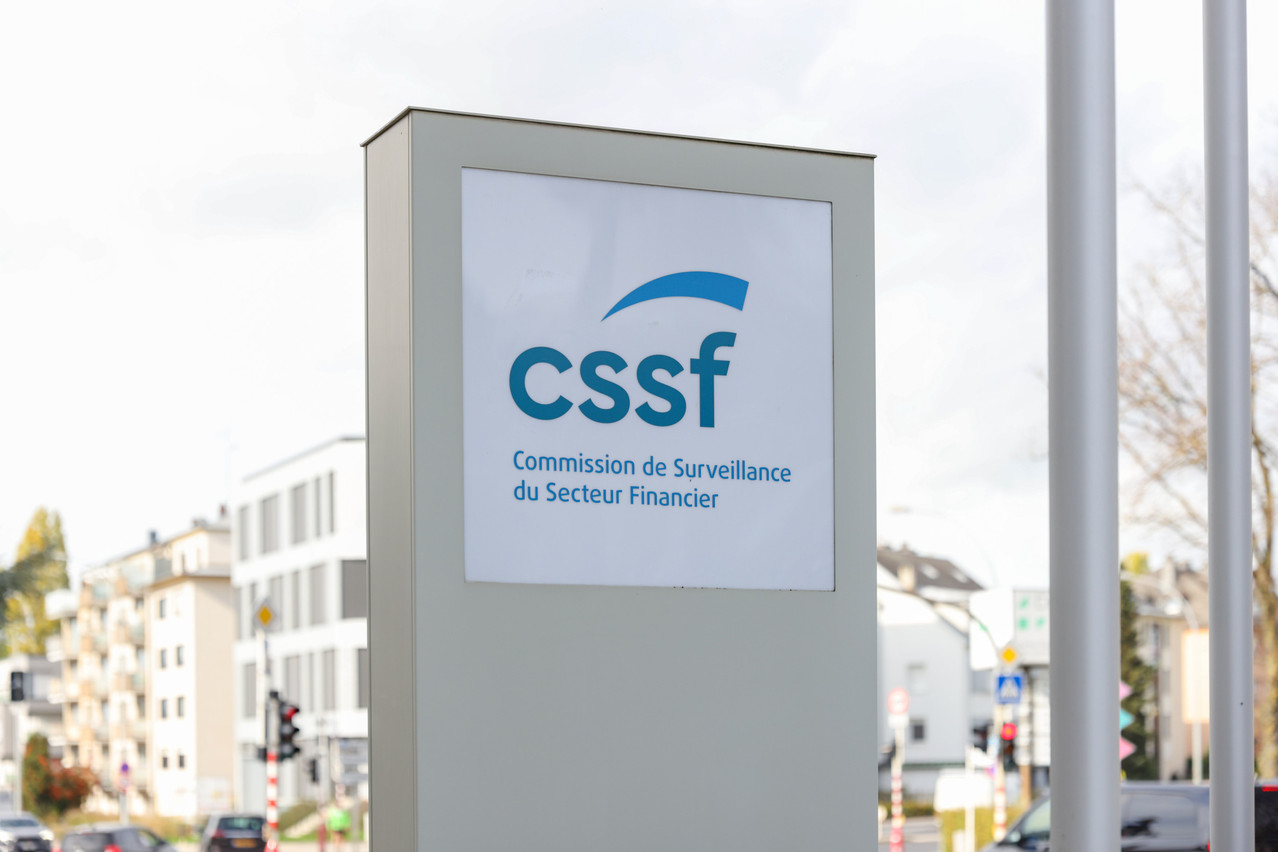The Financial Sector Supervisory Commission (CSSF) announced in a that it had imposed an administrative penalty of €785,000 on the investment firm Fuchs & Associés Finance S.A. (in liquidation).
The CSSF said that the fine, which was imposed on 21 September 2023, was for “non-compliance with professional obligations related [to] anti-money laundering/counter financing of terrorism,” or AML/CFT. It came after an on-site inspection of Fuchs & Associés Finance, which was “authorised at the time of the on-site inspection to provide activities and services in accordance with the provisions of Articles 24-1, 24-2, 24-4 et 24-5 of the amended Law of 5 April 1993.”
As a reminder, the Luxembourg District Court on 18 July 2023 , and following a decision of 7 July 2023, the CSSF withdrew its licence with effect from 15 July 2023.
Details of AML/CFT non-compliance
In its communiqué, the CSSF provided detailed information regarding the “breaches and ongoing violations in the AML/CFT framework of the entity, some of which had already been identified during previous inspections.” These points included:
--The process of onboarding new business relationships was deficient at several levels, said the CSSF. “For some new clients, the entity had neither formally accepted the clients nor had applied any customer due diligence measures, even though large-scale operations had been carried out for these clients for several years, constituting a failure to comply with the obligations to apply customer due diligence measures.” Analysis showed “that the entity had been unable to determine whether some of those clients were acting on their own behalf or for another person, thereby failing to comply with the provisions of Article 17 of CSSF Regulation 12-02; in some cases, the entity even had doubts about the true identity of the beneficial owners.” Moreover, Fuchs & Associés Finance did not attempt to clear its doubts, terminate the business relationship or refrain from carrying out transactions. It also did not consider whether a suspicious transaction report had to be filed with the Financial Intelligence Unit.
Read also
--The CSSF also identified a “lack of information and a non-corroboration of information on the source of funds of some clients of the trading desk, despite the important amounts of the operations and/or the level of risk of those clients.”
--Fuchs & Associés Finance also “did not gather adequate and sufficient information and documentation in order to reasonably exclude the risk of a primary tax offence for some of the above-mentioned trading desk clients, even though the files contained several elements indicative of a tax risk.”
--There was also the “absence of categorisation of some trading desk clients, according to their respective money laundering and terrorist financing risk.”
--Ongoing monitoring of business relationships was also deficient at several levels, noted the CSSF. “Name screening controls aiming at detecting persons subject to prohibitions and restrictive measures in financial matters had not been carried out for all clients of the trading desk, as their names were not included in the databases used to feed the name screening systems. Furthermore, the name screening tools were updated only once a week, and no additional controls were in place, particularly when new European and United Nations lists are issued.”
--Transaction monitoring was “insufficient and even non-existent” for trading desk clients. “For instance, the entity had only carried out transactional controls on part of its customer base (disregarding in particular clients not classified as high risk based on their money laundering and terrorist financing risk and clients whose assets were deposited with banks for which the data were not accessible via the entity’s internal software on which the transactional controls were based). Furthermore, the CSSF found that the entity had not had any access to this software for some time. Finally, the analyses revealed that the entity was unable to control transactions related to high-risk countries.”
--The breaches of the AML/CFT framework were considered to be even more critical “as the entity’s internal auditor had already pointed out prior to the on-site inspection that no transaction monitoring was carried out for business relationships classified as medium and low risk, which represented the vast majority of the entity’s customer base.”
--AML/CFT procedures were “inadequate” because they had not been updated for several years.
In the made by the Luxembourg District Court regarding judicial liquidation, Alain Rukavina, avocat à la cour (attorney-at-law) was appointed as liquidator. Delano has contacted him for comment.
